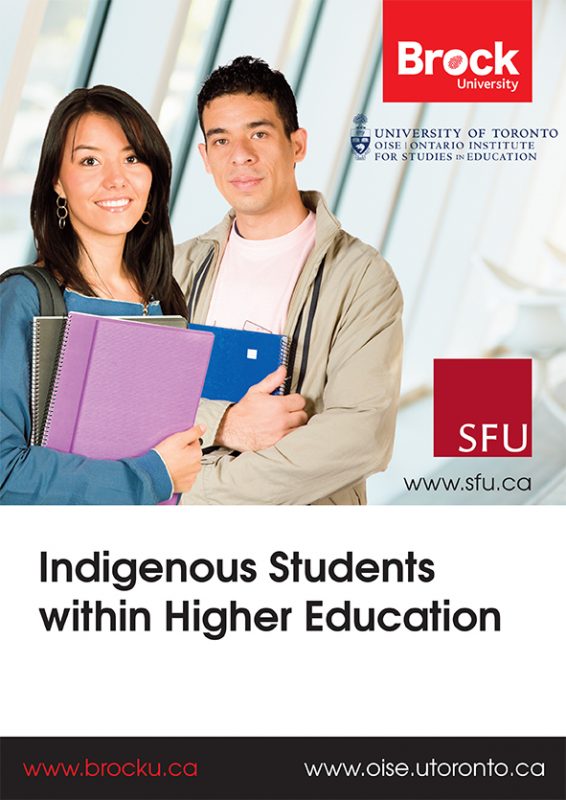In this ebook, we focus on exploring the complex contexts and realities of Indigenous students in higher education and the important role of Indigenous student services
When Indigenous students pursue studies at higher education institutions, their transition will be like that of many other students entering into a new context with new levels of autonomy and new expectations, but unlike their fellow classmates, their very identities have been politicised and add different layers onto the transition experience.
Like their classmates, Indigenous students unique family backgrounds and cultural experiences that may find resonance with other students from similar backgrounds but unlike their classmates they consciously and/or unconsciously carry the history of colonisation and the scars that colonial acts have inflicted on themselves, their families, and their peoples.
They are entering into institutions of higher learning that at one point required enfranchisement (the unwilling relinquishing of Indian status) as a condition of admission as required by an amendment to the 1876 Indian Act. The majority of faculty, staff and administrators in higher education fail to appreciate the impact of colonial relations on Indigenous students’ transition to postsecondary institutions and are largely unaware of how alien and unwelcoming campuses can be to Indigenous students. Many students face these challenges alone, while others access support. Indigenous student services in many higher education contexts have also provided support and other resources to assist Indigenous students both in their transition experience and in the successful completion of their studies.


